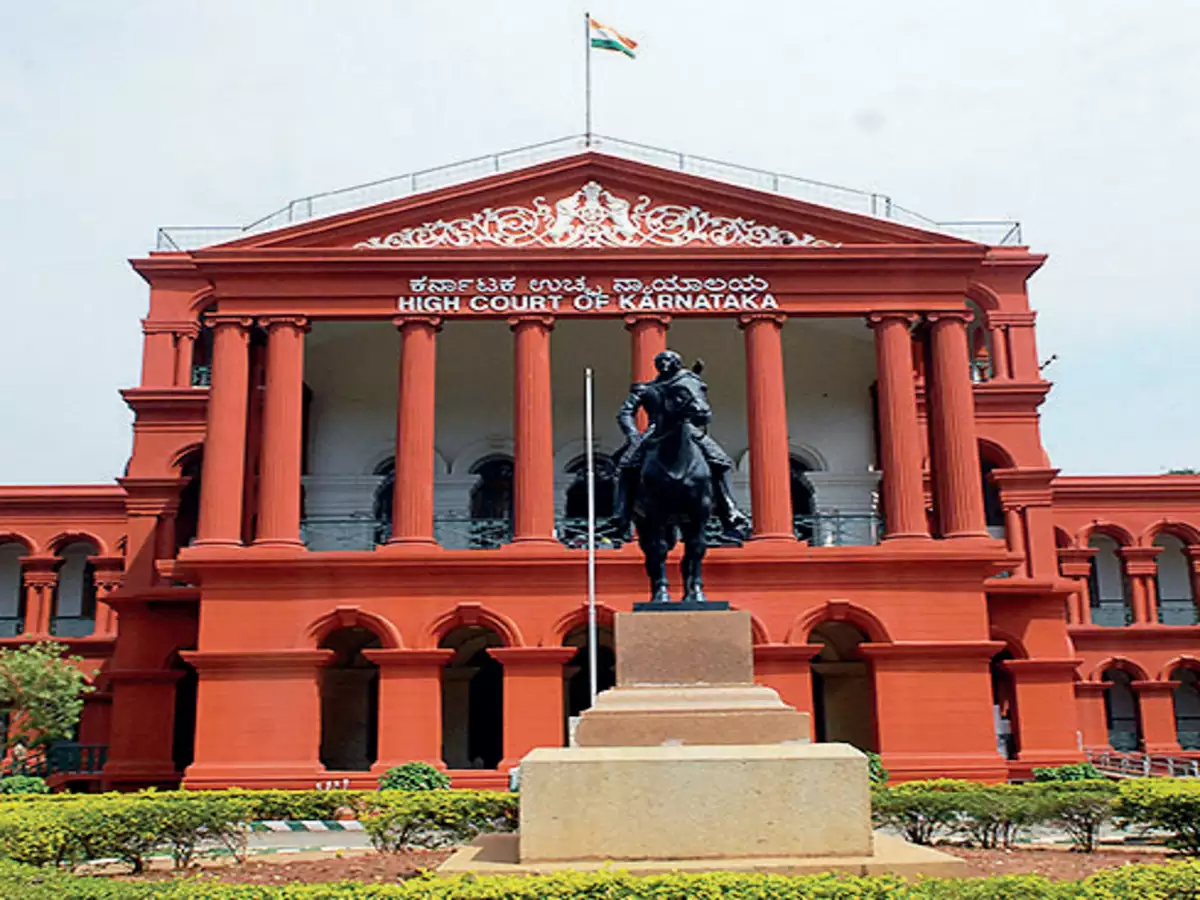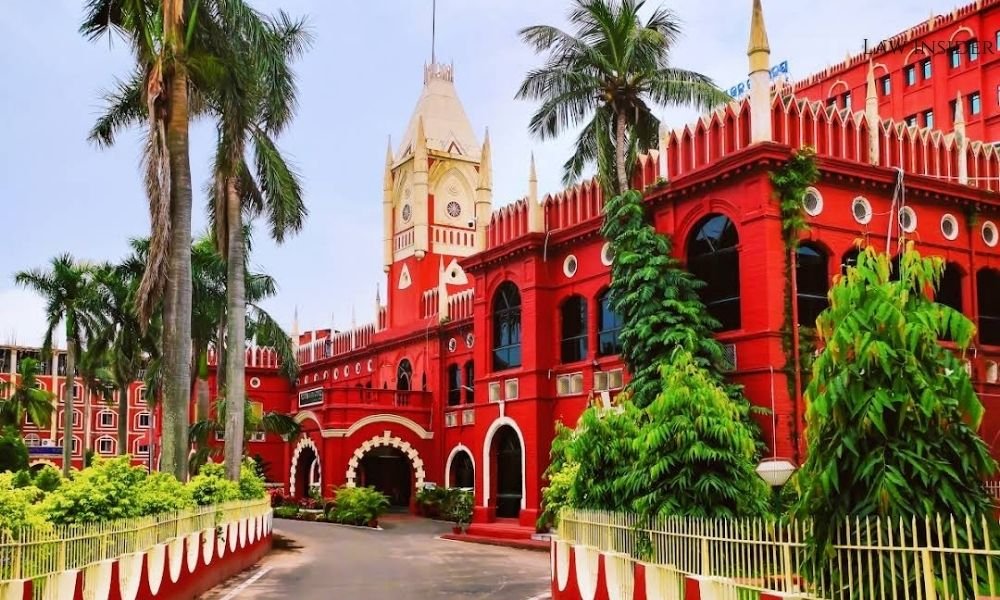The criminal proceedings were initiated on a complaint filed by Mumbai lawyer Dhrutiman Joshi against Rahul Gandhi, Sonia Gandhi and secretary general of the Communist Party of India (Marxist) Sitaram Yechury.
On Tuesday, Rahul Gandhi, a prominent figure in the Congress party, filed an appeal with the Bombay High Court challenging a Mumbai court’s decision to entertain a defamation complaint against him. This lawsuit is under the jurisdiction of Justice SV Kotwal, who has deferred proceedings until December 5.
The defamation charge against Gandhi pertains to his alleged connection between the Rashtriya Swayamsevak Sangh (RSS) and the tragic assassination of journalist Gauri Lankesh.
The complaint was initiated by a Mumbai-based lawyer named Dhrutiman Joshi, who accused Rahul Gandhi, Sonia Gandhi, and Sitaram Yechury, the General Secretary of the Communist Party of India (Marxist), of making defamatory statements. Joshi claimed that he felt humiliated and defamed in the eyes of the general public as a grassroots member of the RSS when such statements were publicly made against his organization. Rahul Gandhi and Yechury made similar remarks outside of Parliament in September 2017, which were widely reported in the national media.
The magistrate in Borivali took cognizance of Joshi’s complaint on February 18, 2019, summoning Rahul Gandhi and Yechury while dismissing the complaint against Sonia Gandhi. On July 4, 2019, both Rahul Gandhi and Yechury appeared before the Borivali magistrate, entered their pleas, and posted bail, allowing the court to proceed with the trial.
Gandhi attempted to have the complaint expunged on the grounds that a joint trial was not feasible due to the disparate locations where Gandhi and Yechury had made their statements. However, in November 2019, the judge rejected this request.
Rahul Gandhi has now approached the High Court, asserting that it is not possible to try two defendants who spoke at different times and locations together in the same trial. He argued that a joint trial could only occur if the alleged offense was committed during the same transaction. According to his petition, the statements made by Gandhi and Yechury were independent, expressed by different individuals at separate times, and lacked any common purpose or continuity of action to suggest shared intent or related actions.
Gandhi’s appeal seeks the dismissal of the complaint and all orders issued by the magistrate during the proceedings.



